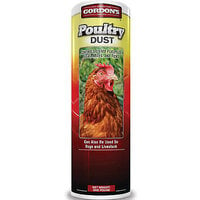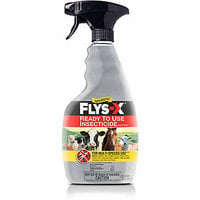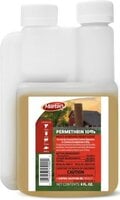southernlasssc
In the Brooder
I found the same thing to be true for us. I was new to chickens earlier this year. We have not experienced lice, but we got mites and did not realize how bad they were until they were real bad. The DE was not helping, the permethrin made the difference. I think DE is good to keep them at bay and we use it in dusting areas etc, but the permethrin was the only thing that helped us get the infestation under control. It takes a while with mites because of egg laying on their part. If we re-dusted late it was a big set back. Some people have talked about lice egg cycle and I would say adhering to treating on that cycle is important.I had some birds that were severely infested. I thought they were just molting but weren't getting their feathers back in when I discovered they were loaded with mites. The first thing I tried was DE. The birds weren't improving and still had mites. I first discovered them in only one coop but eventually found them on birds in another coop. I dusted the birds and the coops with the DE and no improvement. I did use some seven dust that I had but it was almost gone but it did help. I did some research and came up with permethrin. I'm pretty sure the wild birds brought them into their coop. I used the dust on the birds and in their nest boxes and sprayed inside of the coops, every crack and crevice, on and under the roosts, ceiling, walls, floors, anywhere the mites can hide. It's best to clean out the coop before you spray. I use pine shavings in my coops. Since it so cold you can spread the dust around and dust the birds well. Wear special clothing including a mask and gloves. I did a weekly spraying for awhile and put permethrin dust in the nest boxes, originally sprayed the birds getting under the wings and worked it through their feathers with gloves which you can also do with the dust. Slowly the birds began to recover and get their feathers back in. I think if I hadn't treated with the permethrin when I did I probably would have lost some birds to the mites. The birds were in bad condition. Permethrin only kill live pests, not the pests eggs. TSC carries the permethrin powder, premixed spray bottles and the concentrate. I use the concentrate. For you initial application mix it a little heavy. I did and it did not affect the birds but I did keep them out of the coops while it dried. I spray my coops as needed and when I spray I do weekly spraying for a month then stop as I don't want the pests to develop a resistance to the permethrin. Repeated weekly spraying is necessary because again, it does not kill the mite eggs and as an added benefit is there is no egg withdrawal period. The birds are beautiful again. There are other products available but much more expensive and in my opinion the permethrin works great. Good luck...







